NRNP 6675 Week 8 Assignment; Legal and Ethical Issues Related to Psychiatric Emergencies
- $20.00
Content Preview
Psychiatric Emergencies
In terms of mental health, commitment differs between each jurisdiction, primarily by the state. Commitments typically involve a clinical judgment by a physician on whether they think the patient can consent to treatment based on their assessment (Nussbaum, 2020). There are three levels of commitment: voluntary, consensual, and involuntary. This paper will focus on involuntary commitment and the law behind it in New Jersey.
Involuntary psychiatric holds in New Jersey
When a patient is deemed dangerous to self, others, and/or properties due to a treatable mental disorder, they meet the criteria for involuntary commitment (Fariba & Gupta, 2020). For the state of New Jersey, the need for involuntary commitment is when an adult with mental illness is a danger to self, others, or properties after being offered outpatient services and is unavailable to meet the patient’s mental health care needs (New Jersey Courts, 2020). When a patient is involuntarily committed through a referral by a screening service, the facility or the hospital has the right to hold the patient for 72 hours without court orders. Still, a psychiatrist must complete a clinical certificate if the patient needs further assessment and may require the patient to be held for a more extended period (New Jersey Courts, 2020). A commitment hearing must be held 20 days from the initial commitment decision to decide if continued involuntary treatment or a long-term psychiatric facility is needed (New Jersey Courts, 2020). If the court determines that the patient is deemed safe and no longer needs treatment, the patient may be discharged; the facility has no more than 48 hours from the court order to release the patient (New Jersey Courts, 2020).......... Continue
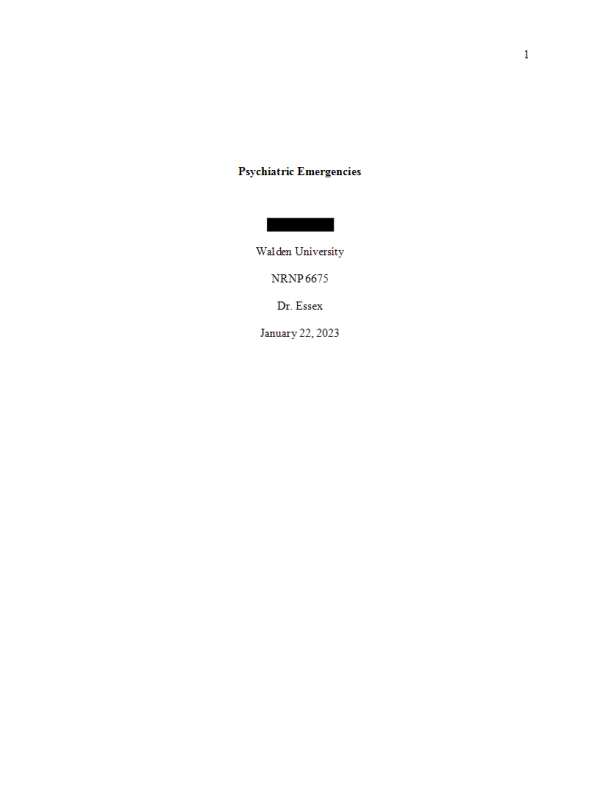
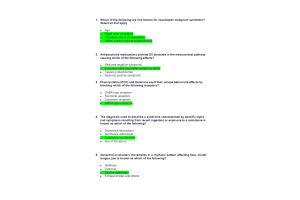
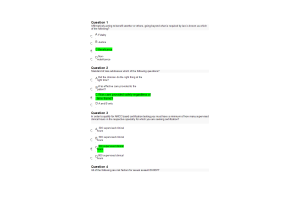
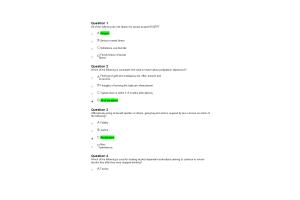

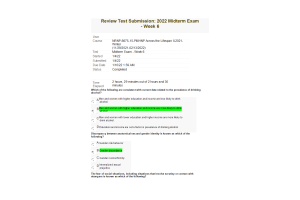

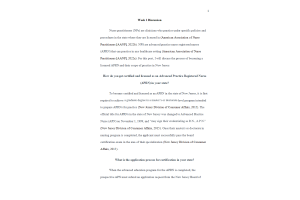
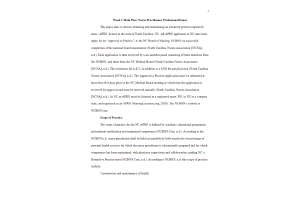
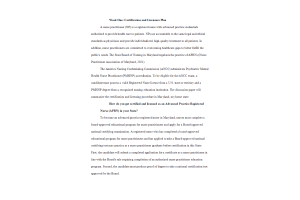





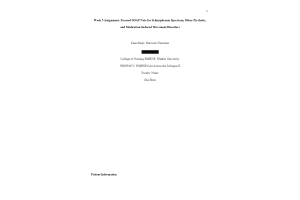

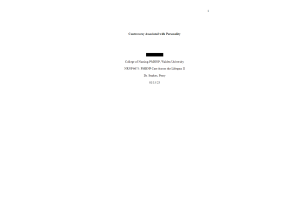


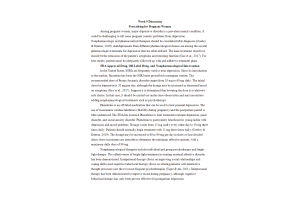
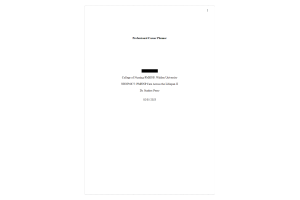

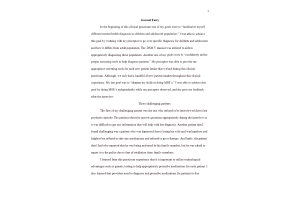

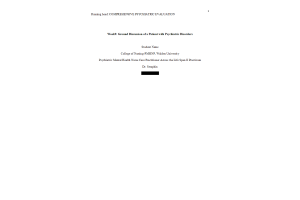



-300x200.png)

